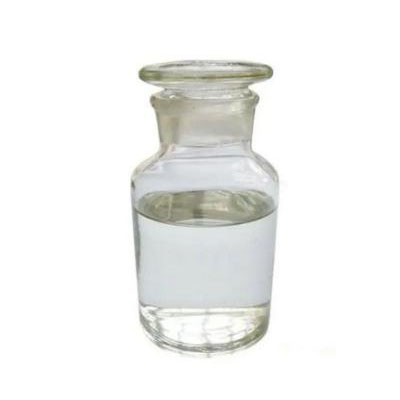Navigating Regulatory Seas: Regulations on the Use of Delta Nonalactone Across Industries
2024-03-19
Introduction:
Delta Nonalactone, celebrated for its creamy, coconut-like aroma, finds its way into various industries, including fragrances, flavors, and food production. However, the use of Delta Nonalactone is subject to regulatory oversight to ensure consumer safety and product quality. In this blog, we'll explore the regulations and restrictions governing the use of Delta Nonalactone in different industries and the implications for manufacturers and consumers alike.
Regulatory Landscape:
1. Food and Flavor Industry: In the food and flavor industry, Delta Nonalactone is regulated as a flavoring agent by agencies such as the U.S. Food and Drug Administration (FDA) in the United States and the European Food Safety Authority (EFSA) in the European Union. It is typically considered Generally Recognized as Safe (GRAS) when used in accordance with approved usage levels and good manufacturing practices (GMP).
2. Fragrance Industry: In the fragrance industry, the use of Delta Nonalactone is regulated by organizations such as the International Fragrance Association (IFRA) and the Research Institute for Fragrance Materials (RIFM). These organizations establish guidelines and usage restrictions to ensure the safety and compatibility of fragrance ingredients with human health and the environment.
Regulatory Considerations:
1. Usage Levels: Regulatory agencies establish maximum usage levels for Delta Nonalactone in various applications to ensure that exposure levels remain within safe limits. These levels are determined based on toxicological studies and safety assessments conducted by regulatory authorities.
2. Labeling Requirements: Manufacturers are required to accurately label products containing Delta Nonalactone to inform consumers of its presence and to comply with labeling regulations set forth by regulatory agencies.
3. Safety Assessments: Prior to commercial use, Delta Nonalactone undergoes rigorous safety assessments, including toxicological studies, to evaluate its potential health effects and ensure consumer safety.
Compliance and Enforcement:
Regulatory compliance is essential for manufacturers operating in industries where Delta Nonalactone is used. Non-compliance with regulatory requirements can result in regulatory action, including product recalls, fines, and legal penalties. Therefore, manufacturers must stay abreast of regulatory updates and ensure that their products meet all applicable standards and regulations.
Consumer Confidence and Safety:
Regulations on the use of Delta Nonalactone serve to protect consumer health and safety while also fostering confidence in the products available in the market. By adhering to regulatory requirements, manufacturers demonstrate their commitment to product quality and consumer welfare.
Conclusion:
In conclusion, regulations on the use of Delta Nonalactone play a crucial role in ensuring consumer safety and product quality across various industries. Manufacturers must navigate the regulatory landscape carefully to comply with applicable standards and regulations while delivering innovative and appealing products to consumers. By upholding regulatory compliance and prioritizing consumer safety, manufacturers can continue to harness the aromatic allure of Delta Nonalactone while maintaining trust and confidence in their products.



